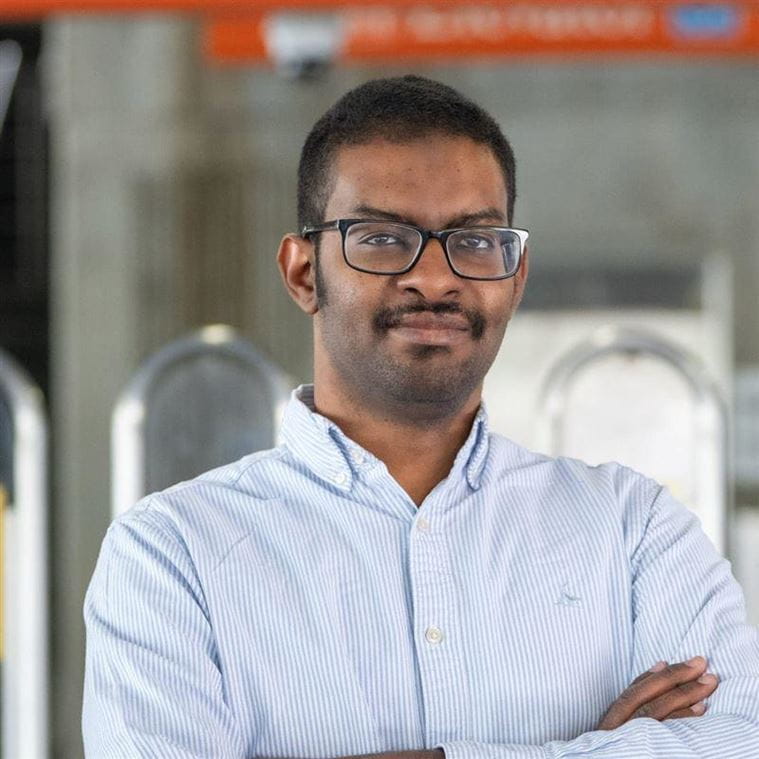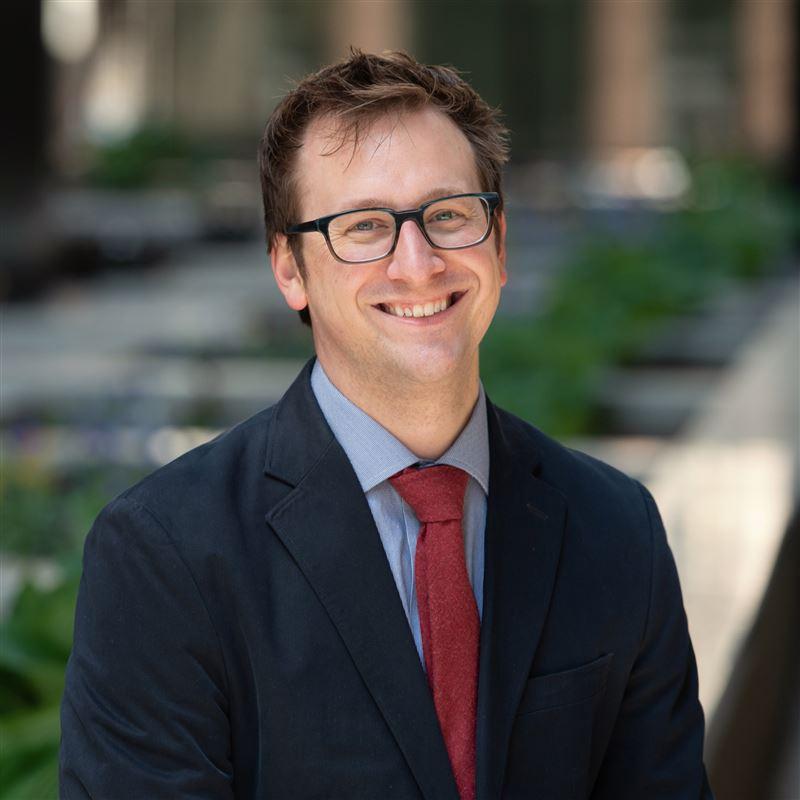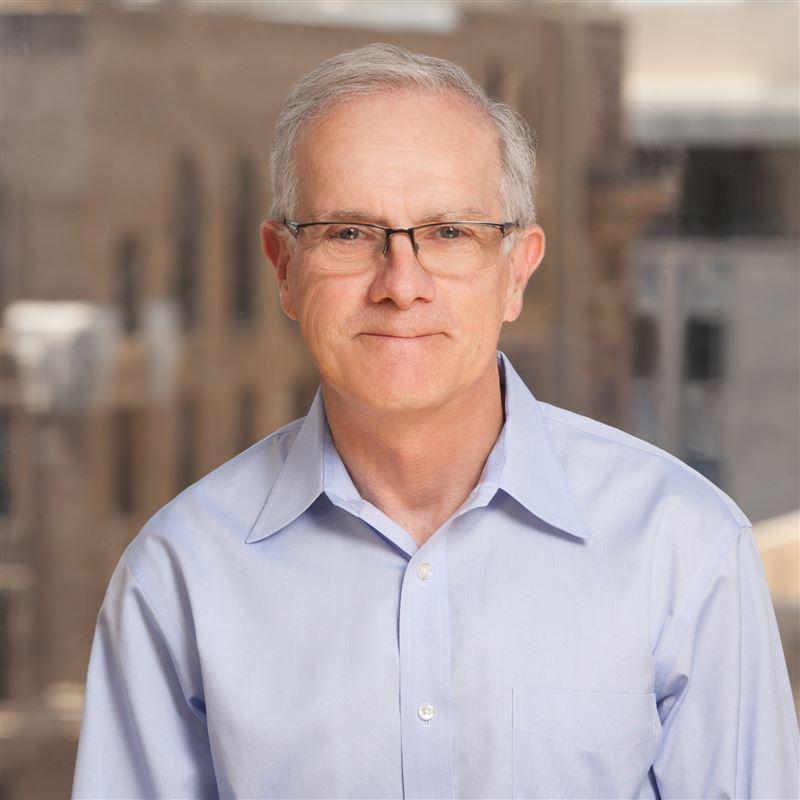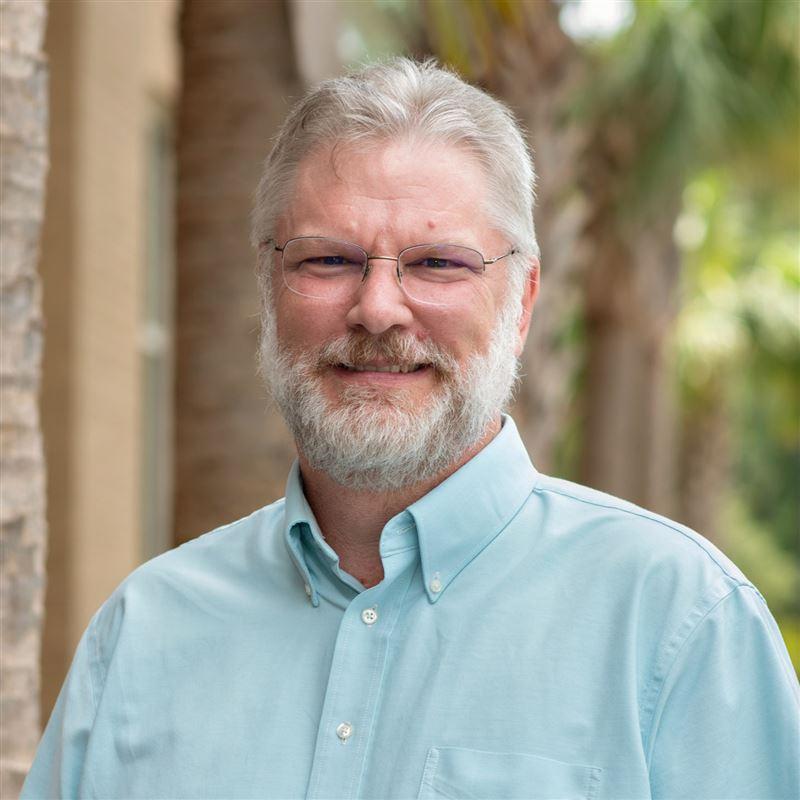Abubakr Ziedan
For transportation planner Abubakr Ziedan, public transit is more than a system; it’s a shared human experience.
Abubakr grew up in Sudan, where daily bus rides weren’t just about getting from point A to B; they were moments of connection across all walks of life. He turned his early fascination with transit into a career and today helps clients solve mobility challenges across the US, from ridership forecasting to fare policy to transit planning and operations.
“I think my diverse background plays a big role. I’ve worked in both public and private sectors in Sudan and the US, and I've had jobs ranging from researcher to engineer to planner. It helps me understand different perspectives, whether I’m talking to engineers, planners or government officials. Engineers and planners can sometimes view challenges differently, and I bridge those gaps by taking a holistic look at how to solve them. I try to develop plans that aren’t just ideal on paper but are practical and implementable,” he says.
Ziedan says striking the balance between quantitative data and real-world experience for transit riders means shifting perspectives. “When I analyze data, I consider what the client wants to achieve. Data might show trends, but it doesn’t always capture riders’ day-to-day reality. When it's possible, I visit transit sites to see how people actually use the system. That perspective is really important for creating solutions that work,” he explains.

Engineers and planners can view challenges differently, and I bridge those gaps by taking a holistic look at how to solve them.









